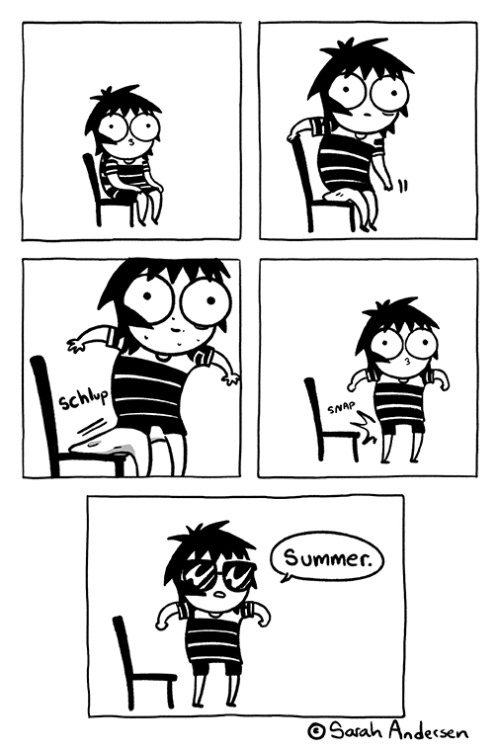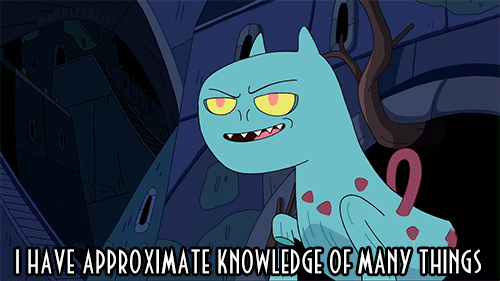It's a Wonderful Life, the movie, became a public domain work in 1975 when its copyright registration was not renewed. It had been a disappointment at the box office, but became a perennial favorite in the 80s as television stations began to play it (and play it again, and again) at Christmas time, partly because it was inexpensive content. Alas, copyright for the story it was based on, The Greatest Gift by Philip Van Doren Stern, HAD been renewed, and the movie was thus a derivative work on which royalties could be collected. In 1993, the owners of the story began to cash in on the film's popularity by enforcing their copyright on the story.
I learned about the resurrection of Wonderful Life from a talk by Krista Cox, Director of Public Policy Initiatives for ARL (Association of Research Libraries) during June's ALA Annual Conference. But I was struck by the way she described the movie's entry into the public domain. She said that it "fell into the public domain". I'd heard that phrase used before, and maybe used it myself. But why "fall"? Is the public domain somehow lower than the purgatory of being forgotten but locked into the service of a copyright owner? I don't think so. I think that when a work enters the public domain, it's fitting to say that it "ascends" into the public domain.
If you're still fighting this image in your head, consider this example: what happens when a copyright owner releases a poem from the chains of intellectual property? Does the poem drop to the floor, like a jug of milk? Or does it float into the sky, seen by everyone far and wide, and so hard to recapture?
It is a sad quirk of the current copyright regime that the life cycle of a creative work is yoked to the death of its creator. That seems wrong to me. Wouldn't it be better use the creator's birth date? We could then celebrate an author's birthday by giving their books the wings of an angel. Wouldn't that be a wonderful life?




